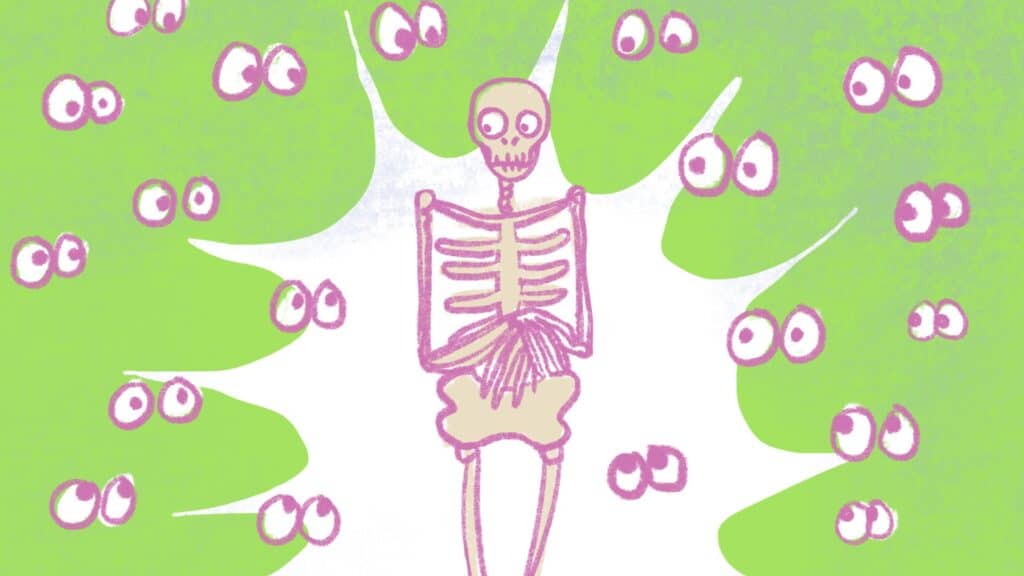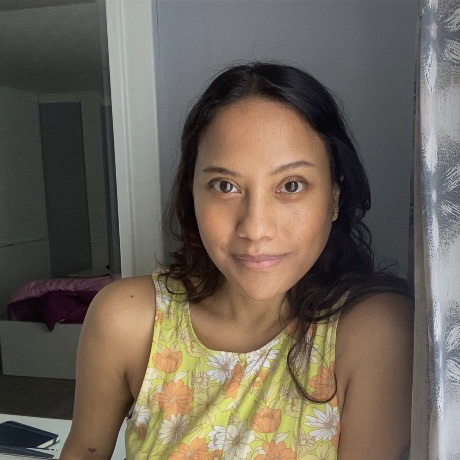What is the Attention Economy?
Reclaiming your most valuable resource

Do you think about where you pay your attention? What were you looking at, this morning? Were you lying in bed, scrolling through Instagram or Twitter? Or perhaps you had the TV on — perhaps you were watching a morning show? Maybe you were getting your news from a different, increasingly popular source — Facebook. Maybe you're angry about something you just read, some injustice that you've just learned about. What are your emotions doing right now? Do they belong to you? Or have you been manipulated into feeling this way, and triggered into giving something your attention?
The relentless news cycle of 2020, I'll admit, left me reeling, and eventually in the opposite direction. I read Cal Newport's Digital Minimalism, and deleted my Twitter and Facebook accounts, all while scaling way down on my Instagram usage. I might have deleted it altogether, were it not for the fact that it was quite nearly the only social contact I had with the outside world during self-isolation. Instagram provided me a small, cold window into my friends' and acquaintances' lives, many of whom still seemed to be socializing with each other, albeit masked. Everyone else seemed to be handling this so much better than I was.
We'll be dealing with the fallout of the pandemic for years — decades — to come. It's actually, like, still happening, right now. And it's only now — as the vaccine's application continues to spread — that we're starting to be able to even begin looking at the prospect of processing what happened in 2020. Which is why I think that this interview with Michael Goldhaber in the New York Times is so timely. It provides some helpful context, a way to approach things. You see, we've all been held hostage by our attention.
In 1997, Mr. Goldhaber helped popularize the term “attention economy” with an essay in Wired magazine predicting that the internet would upend the advertising industry and create a “star system” in which “whoever you are, however you express yourself, you can now have a crack at the global audience.” He outlined the demands of living in an attention economy, describing an ennui that didn’t yet exist but now feels familiar to anyone who makes a living online.
Charlie Warzel, The New York Times
When we were all forced, quite suddenly, to stay at home, we were also forced to reckon with how we spent our time — where we directed our attention. Many, many of us got sucked into the news and social media cycle. But it's not just our mental health that is at stake.
While Mr. Goldhaber said he wanted to remain hopeful, he was deeply concerned about whether the attention economy and a healthy democracy can coexist. Nuanced policy discussions, he said, will almost certainly get simplified into “meaningless slogans” in order to travel farther online, and politicians will continue to stake out more extreme positions and commandeer news cycles. He said he worried that, as with Brexit, “Rational discussion of what people stand to gain or lose from policies will be drowned out by the loudest and most ridiculous.”
Charlie Warzel, The New York Times
Have you found that you are more thoughtful or more intentional about your life and how you spend your time as the COVID pandemic wraps up? What do you think you'll do differently once you're vaccinated, and the world returns to normal?

Hi! I'm Piya. I'm a freelance creative starting a new career, and I want to help you start yours, too.